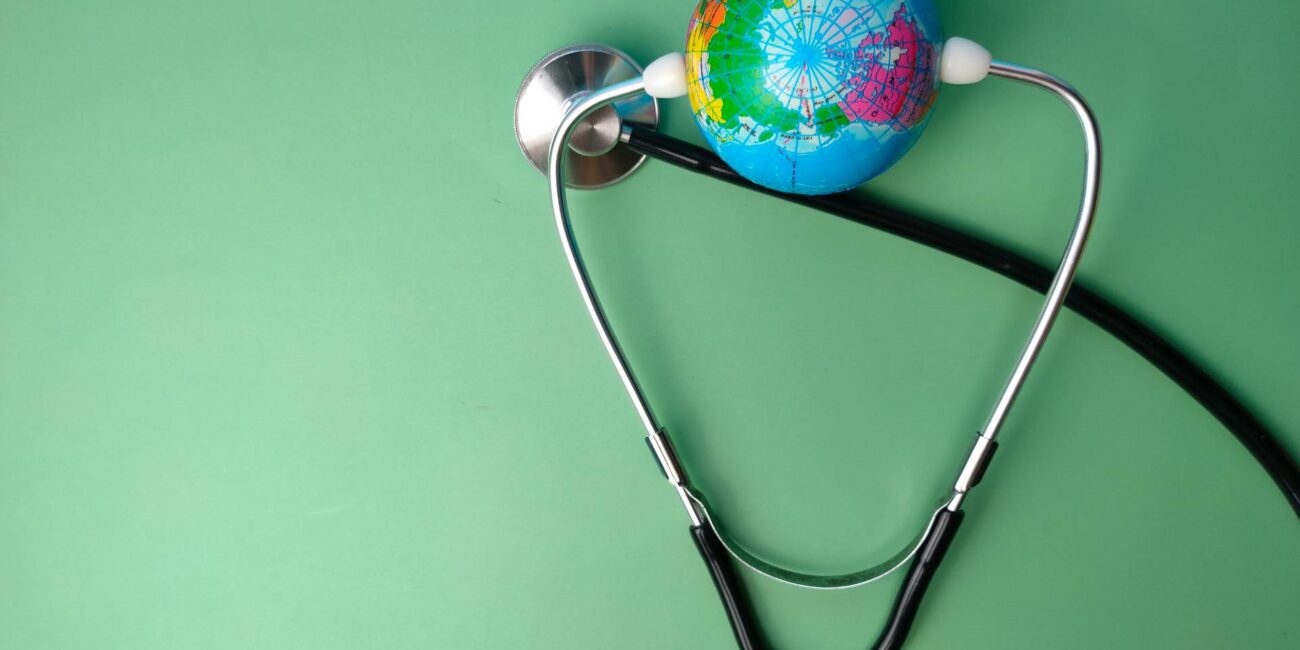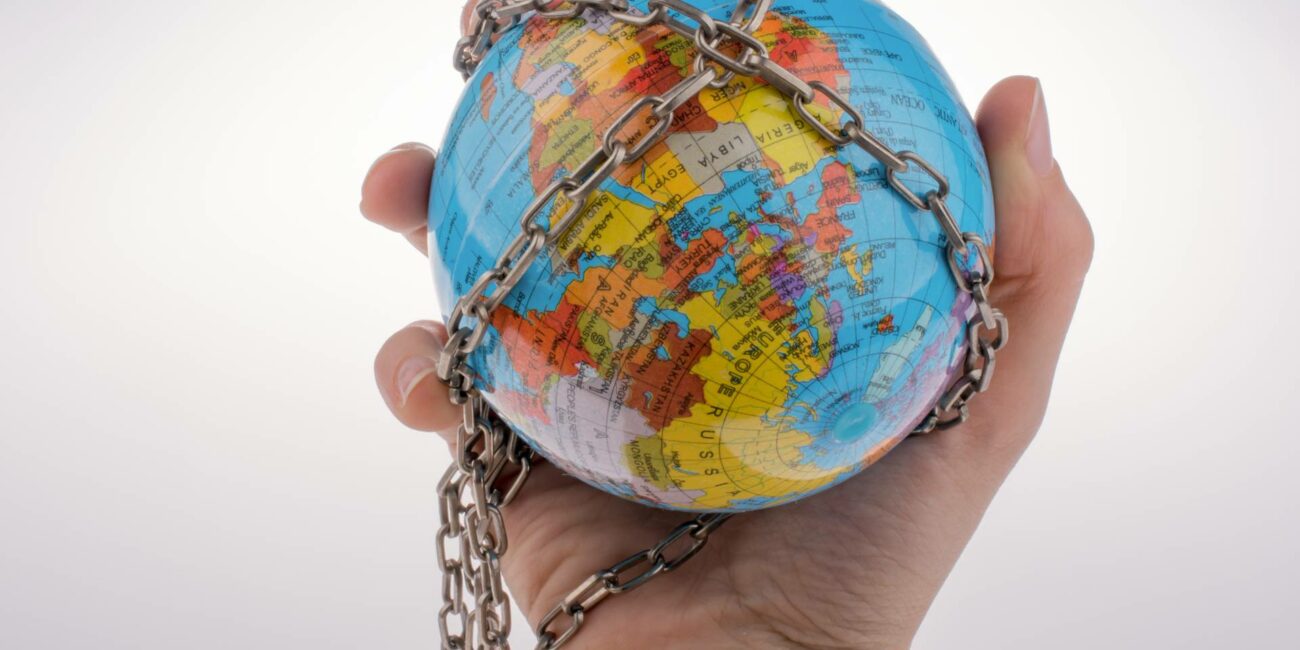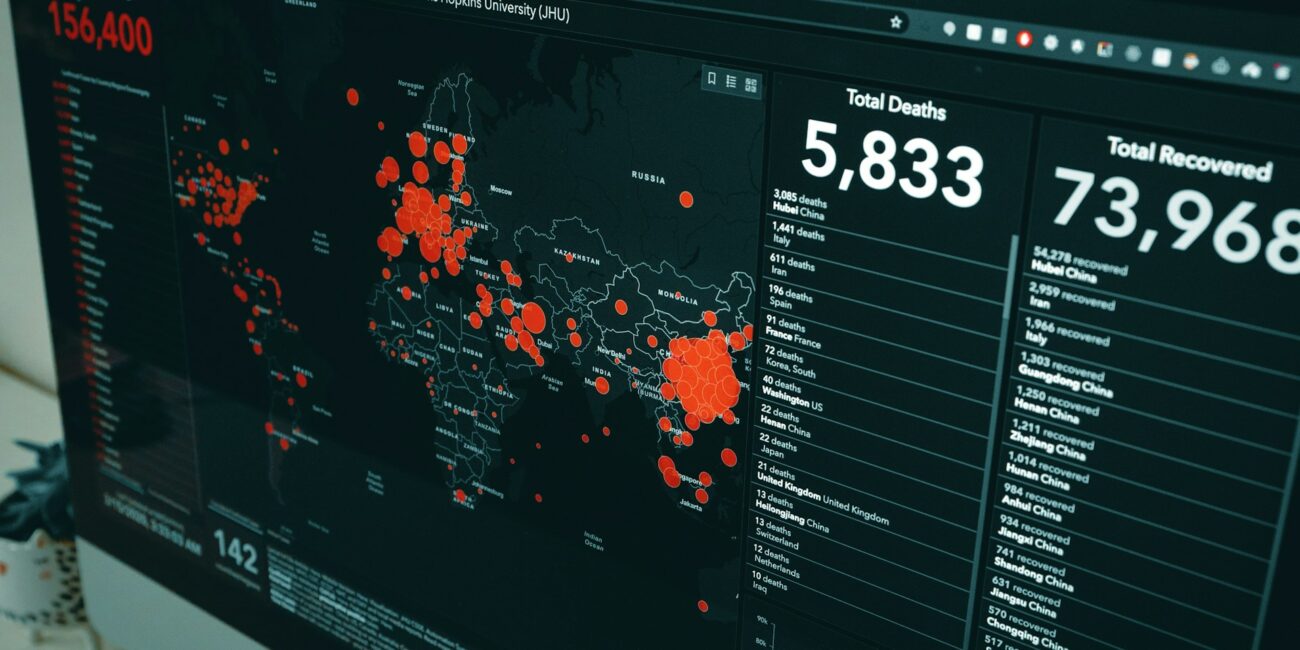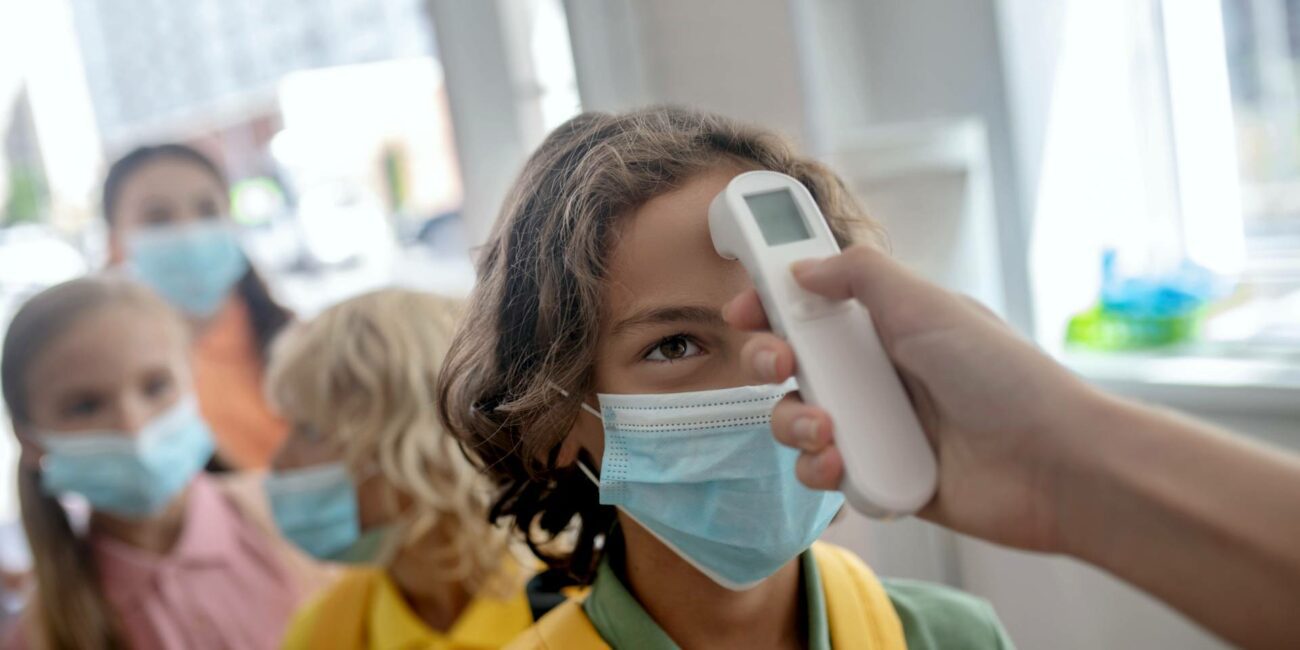Prof Tim Noakes spent his academic career at the University of Cape Town (UCT) from 1969 to 2014 earning the MBChB, MD and DSc degrees; the Order of Mapungubwe (Silver) from the State President of South Africa and the Lifetime Achievement Award of the National Research Foundation. A recent analysis has found that he is the third most-cited medical researcher in South Africa; the second highest from UCT. He is also the world’s third most-cited living Sports Scientist.
However none of this was sufficient to protect him in 2014 from being “cancelled” by the UCT Medical Faculty with support from the then UCT Vice-Chancellor. His crime was that he dared to present the evidence that the dietary advice promoted by that institution and essential all medical faculties around the world, contributes to the global obesity/diabetes pandemic and that the first step in reversing these pandemics would be to tell this truth to the public.
With strong support from UCT (and three other prominent South African Universities), also in 2014, the Health Professions Council of South Africa (HPCSA) charged Noakes with unprofessional conduct for a single seven-word Tweet on social media. The case was heard over 28 days stretched out over 4 years ending in June 2018; Noakes and his team of 3 expert witnesses delivered more than 7000 pages of scientific evidence during 12 days of testimony under oath with cross-examination. The decision of the original HPCSA committee as well as the committee appointed to hear the Appeal of the Prosecution against the original finding (unfavorable for the HPCSA), concluded that Noakes was innocent of all charges. The final count was 13 decisions in favor of Noakes; zero for the HPCSA.
In this Open Society Session, Prof Noakes shares the full story of his case and explains how he experienced the “cancel culture” that threatened his stellar career.
You can follow him on Twitter at @ProfTimNoakes
The Covid event has revealed that it was about more than just public health and the political, economic and societal aspects of the response are of far greater significance than the virus itself. There remains a continued drive toward the transformation of our societies in ways that threaten democracy and our existing ways of life. Open Society Sessions aim to examine the political, societal and economic dimensions of our recent experience and analyse developments in the future.




